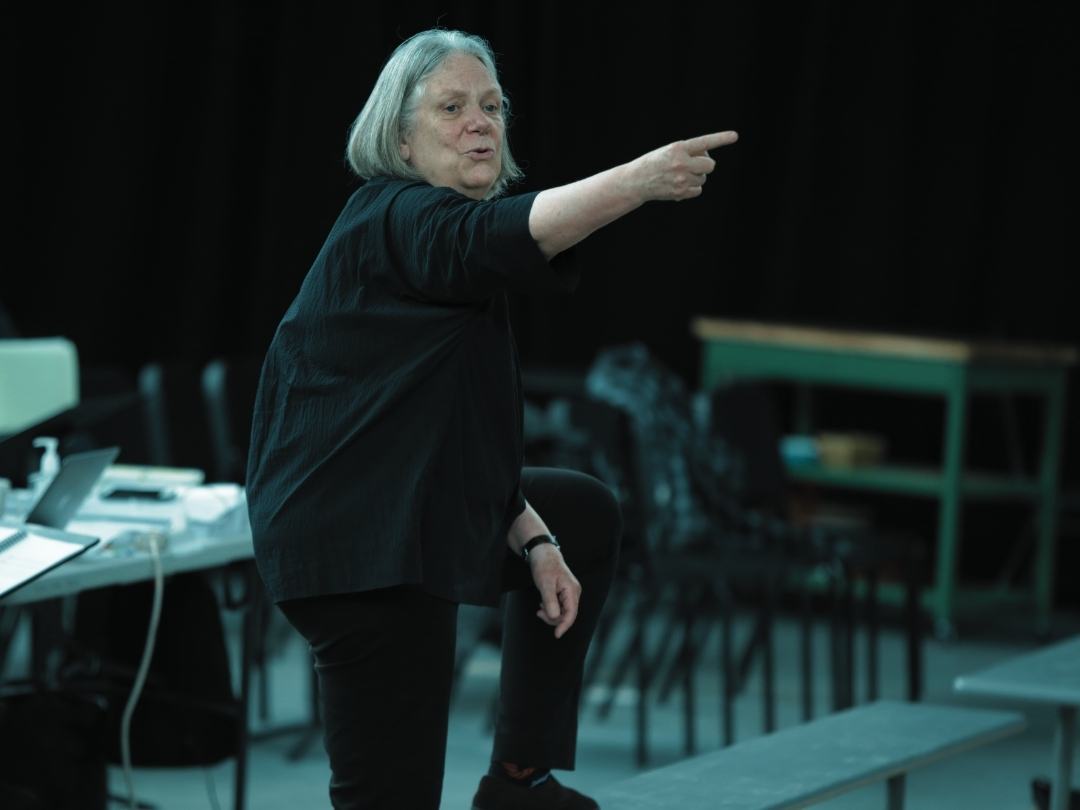The art of theatre encompasses various elements that come to life on stage, but those who bring these elements together to offer unforgettable experiences to the audience are the theatre directors. Here, we explore the significant theatre directors who have reached the pinnacle of the theatre world and changed the face of this art:
1. Konstantin Stanislavski (1863–1938):
Stanislavski, who made significant contributions to Russia’s theatre world, introduced concepts such as “improvisation” and “the method,” emphasizing the importance of emotional depth and naturalism in acting.
2. Bertolt Brecht (1898–1956):
A German playwright and director, Brecht developed the “epic theatre” style. He is known for his politically and socially themed works that aim to provoke thought rather than establish an emotional connection with the audience.
3. Anton Chekhov (1860–1904):
Russian writer and physician Chekhov painted a nuanced portrait of human psychology in his plays, often incorporating tragicomic elements. His works such as “The Cherry Orchard” and “Three Sisters” hold a significant place in theatre literature.
4. Augusto Boal (1931–2009):
Brazilian theatre director Boal developed “Theatre of the Oppressed.” This approach encourages audience participation in the play, engaging them in discussions about social issues.
5. Peter Brook (1925–2022):
English theatre director Brook is known for his book “The Empty Space.” He has made a significant contribution to the theatre world with minimalist stage designs and impactful interpretations.
6. Jerzy Grotowski (1933–1999):
Polish theorist and director Grotowski developed the concept of “poor theatre,” focusing on achieving deep performances physically and emotionally.
7. Lee Strasberg (1901–1982):
American theatre director and actor Strasberg studied Stanislavski’s method and popularized this approach in American theatre.
8. Ariane Mnouchkine (1939–):
French theatre director Mnouchkine is internationally recognized for her “Théâtre du Soleil,” founded in 1964. Known for large-scale productions and works addressing political themes.
9. Ivo van Hove (1958–):
Belgian theatre director van Hove is known for his innovative and provocative approaches to contemporary plays. He gained attention for productions such as Arthur Miller’s “A View from the Bridge” and David Bowie’s “Lazarus.”
10. Anne Bogart (1951–):
American theatre director Bogart, with her physical performance techniques called “Viewpoints” and collaborations with the “SITI Company,” stands as an influential figure in the theatre scene.
These great theatre directors elevated their art not only on the stage but also by contributing to the evolution of the theatre world. Their works are significant milestones that have shaped the rich and diverse history of theatre art.

